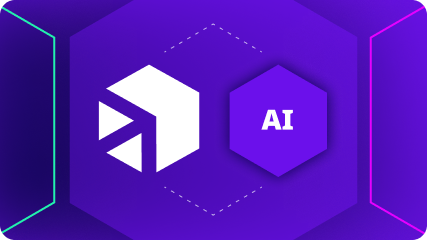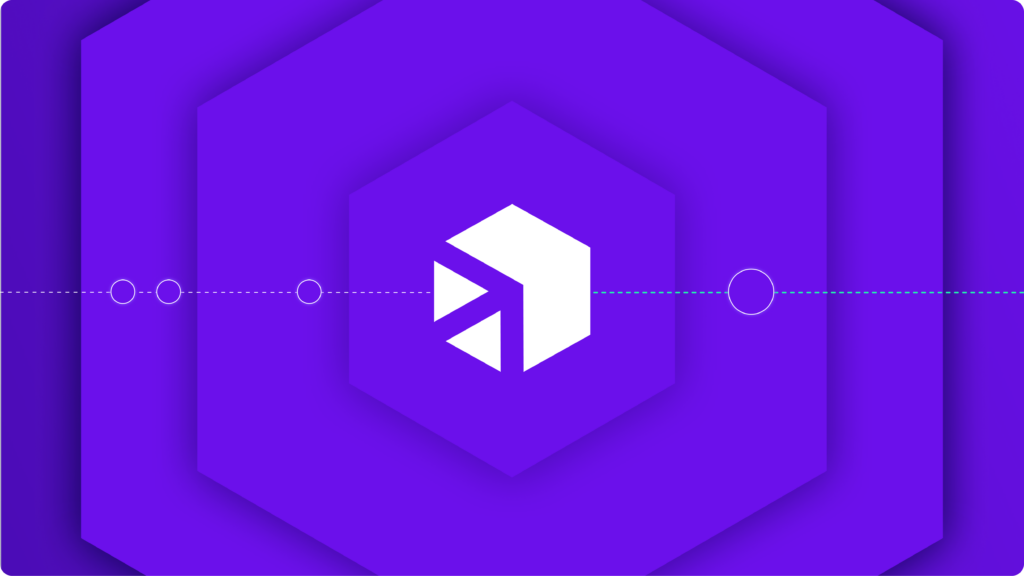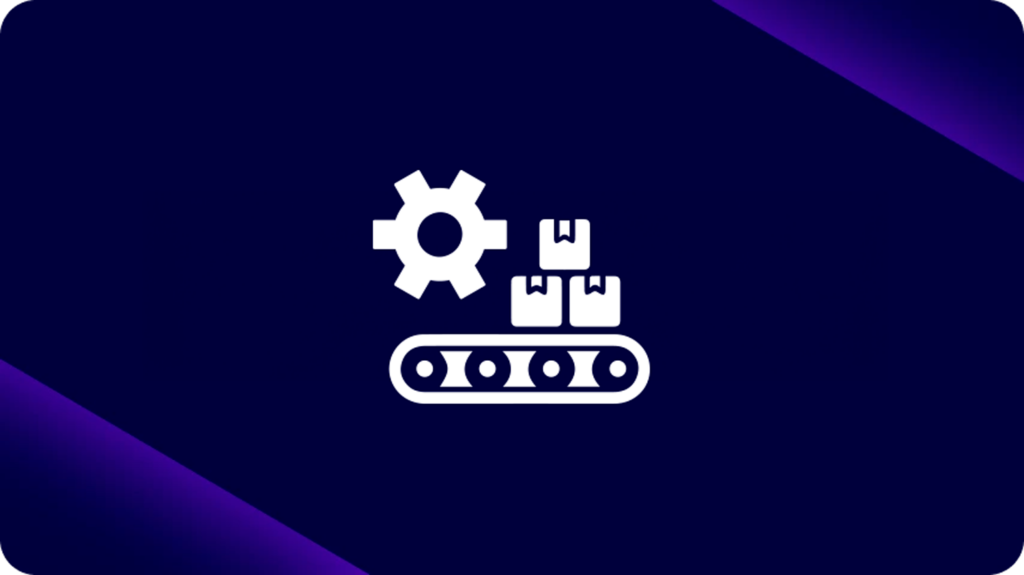April 30
The healthcare sector in Brazil is facing increasingly complex financial challenges. Pressure for quality care is growing, while operating margins for hospitals and clinics are becoming tighter.
One of the factors that most impacts this equation is the high rate of glosses, that is, the non-payment of procedures and services by health plans.
Each disallowance represents not only financial losses, but also rework, increased costs, delays and wear and tear on relationships with operators and patients. In some cases, up to 20% of hospital bills may be disallowed, severely impacting the financial operation.
The good news is that integration technology can transform this reality. Solutions like Digibee’s allow you to automate the authorization flow, detect glosses intelligently and ensure greater control and financial transparency.
In this article, you will understand how integration can be the key to reducing losses, maximizing results and ensuring the financial sustainability of your hospital.
>> Book a personalized demo with our team of experts and see how Digibee's iPaaS will bring efficiency to your Healthcare organization.
What are glosses and why do they have such an impact on hospital finances?
Disallowances are total or partial payment refusals issued by health insurance companies in relation to procedures billed by hospitals. They can occur for several reasons, such as:
- Data filling error (authorization, procedure code, etc.)
- Lack of prior authorization
- Incompatibility between procedures performed and contractual coverage
- Deadline for sending the invoice exceeded
- Incomplete or inadequate documentation
All of this has important consequences for healthcare managers. The impacts of glosses on hospitals include the following:
- Direct loss of revenue
- Increased receiving time
- Additional costs for reprocessing and resubmitting invoices
- Cash flow commitment
- Long-term default risk
- Worsening relationship with operators and patients
Reducing glosses, therefore, is not just a matter of administrative efficiency. It is also a critical need for the survival and financial growth of healthcare institutions.
>> Read more: How to solve the main systems integration problems in the healthcare sector

The traditional authorization process and the risk of inefficiencies
In many hospitals, the authorization request process is still manual and error-prone. Typically, the hospital requests authorization from the operator, often using isolated systems or even emails.
The operator, in turn, responds by authorizing, refusing or requesting more information within timeframes that can vary greatly.
Without integration, these responses need to be manually monitored by administrative teams, which increases the risk of procedures being carried out without the proper formal authorization, generating future glosses.
Furthermore, the analysis of disallowances and charges is done manually, slowly and subject to errors. This lack of automation and visibility creates bottlenecks that compromise both operational efficiency and patient care.
The critical role of carrier communication
Communication with operators needs to be fast, accurate and safe. However, in practice it is often fragmented and inefficient:
- Manual processes increase the chance of error.
- Lack of standardization in layouts and data exchange protocols.
- Absence of automatic verification of authorizations.
- difficulty of real-time monitoring.
Without efficient communication, hospitals are exposed to delays, denials and glosses that could be avoided with a communication infrastructure. modern integration.
How automated integration improves the entire process
Systems integration, especially through specialized platforms such as Digibee, transforms the scenario. See the Benefits of automated integration:
- Elimination of manual errors: integrations ensure that data is transmitted correctly and consistently.
- Speed of response: Authorization requests and returns happen in near real time.
- Reduction of glosses: information is automatically validated before sending, reducing the risk of payment refusal.
- Greater financial predictability: hospitals have more control over what will be billed and received.
- Full traceability: All requests, responses and adjustments are recorded for internal and external audits.
With well-structured integrations, it is possible to significantly reduce glosses and improve end-to-end hospital financial management.
How integration via the Digibee platform works
Digibee offers a robust and flexible solution based on integration buses, which connects hospitals and operators in a safe and efficient way.
Main functions of integration with operators using Digibee:
- Authorization bus: Authorization requests and responses flow in real time.
- Automatic validation: prerequisite conference before sending requests, avoiding errors.
- Automated payment request: automatic billing after services are performed.
- Monitoring inconsistencies: automatic alerts about data discrepancies.
- Control Dashboards: real-time visibility over authorizations, glosses and payments.
- Financial reconciliation: integration with management systems to facilitate financial closing.
All this without the need to replace the legacy systems of hospitals, accelerating implementation and ensuring maximum operational safety.
Direct benefits of integration with operators
By adopting an integration platform like Digibee, your hospital obtains a series of direct benefits. Among them, the following stand out: a reduction in administrative glosses, with fewer errors in filling out data and sending documents, and agility in the approval of procedures, allowing faster and safer clinical decisions.
There is also a reduction in billing time, thanks to leaner processes and a shorter cycle between service provision and receipt, which in turn improves cash flow, reducing defaults and increasing financial predictability.
Integration also contributes to increased satisfaction, both for patients, who receive faster service, and for operators, who now deal with more organized processes.
Another important benefit is the strengthening of compliance and traceability, with adaptation to standards safety and regulations such as LGPD and ANS requirements. In addition, the platform enables the creation of management dashboards that offer valuable insights for strategic decision-making.
>> Read more: How Integration Ensures Data Security in the Healthcare Sector
Intelligent integration: much more than just managing glosses
Integration doesn’t have to be limited to the authorization and billing cycle. With Digibee’s flexibility, you can expand the benefits to:
- Automatic payment reconciliation
- Monitoring of financial and operational KPIs
- Automation of registration updates
- Active default management
- Integration with logistics operators and medical material suppliers
This scalability ensures that digital transformation extends across the entire hospital operation, bringing continuous efficiency gains.
Watch a Digibee demo
In the healthcare environment, where administrative complexity is as challenging as clinical complexity, integrating systems ceases to be a differential and becomes a strategic need.
Hospitals that invest in automation and connectivity can:
- Reduce glosses;
- Improve operational efficiency;
- Increase financial predictability;
- Strengthen relationships with operators and patients;
- More easily adhere to safety and regulatory standards.
With the Digibee platform, your hospital can transform the way it deals with operators, authorizations and glosses — raising its management standards and preparing for a more agile, secure and financially healthy future in the healthcare sector.
>> Book a personalized demo with our team of experts and see how Digibee's iPaaS will bring efficiency to your Healthcare organization.









